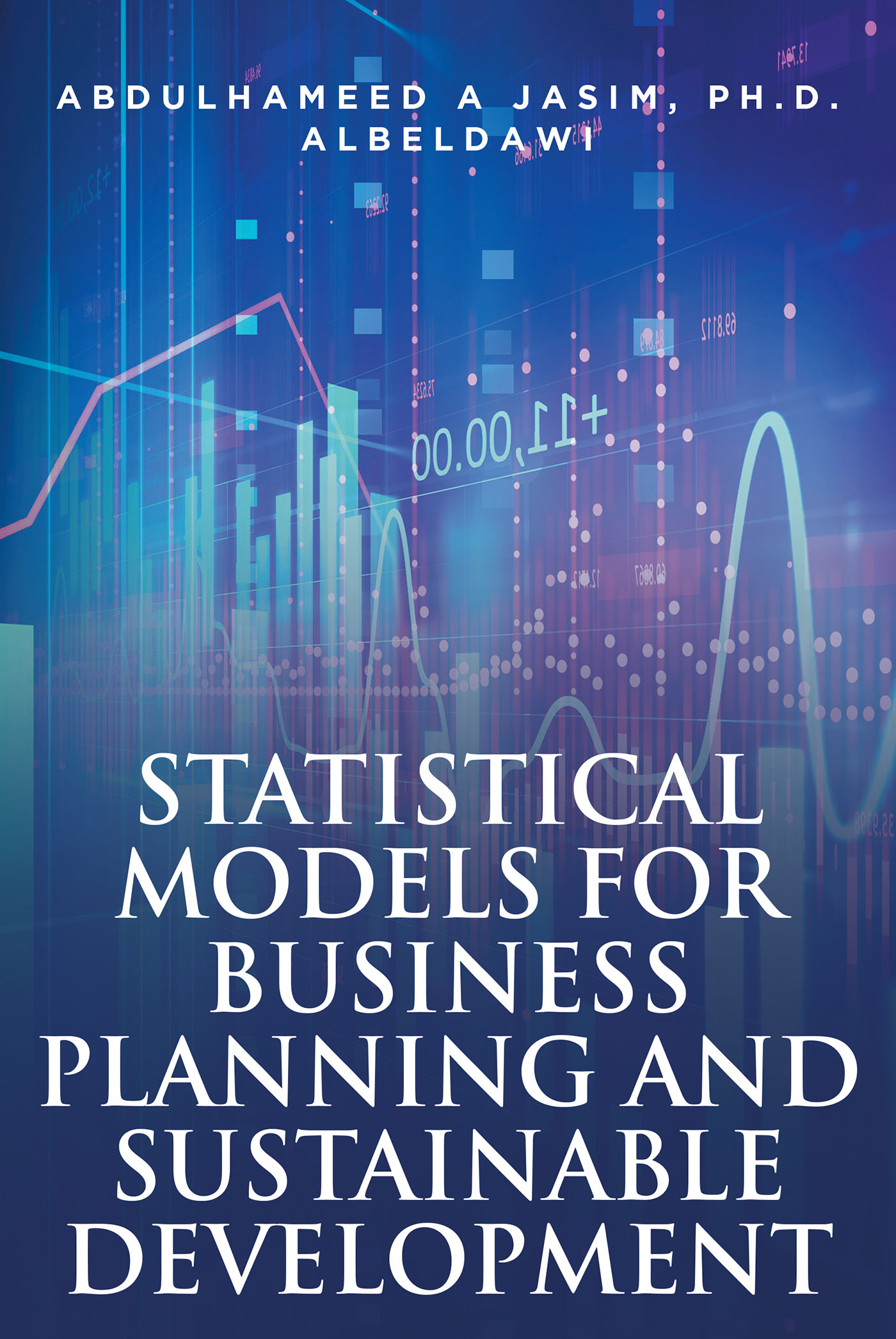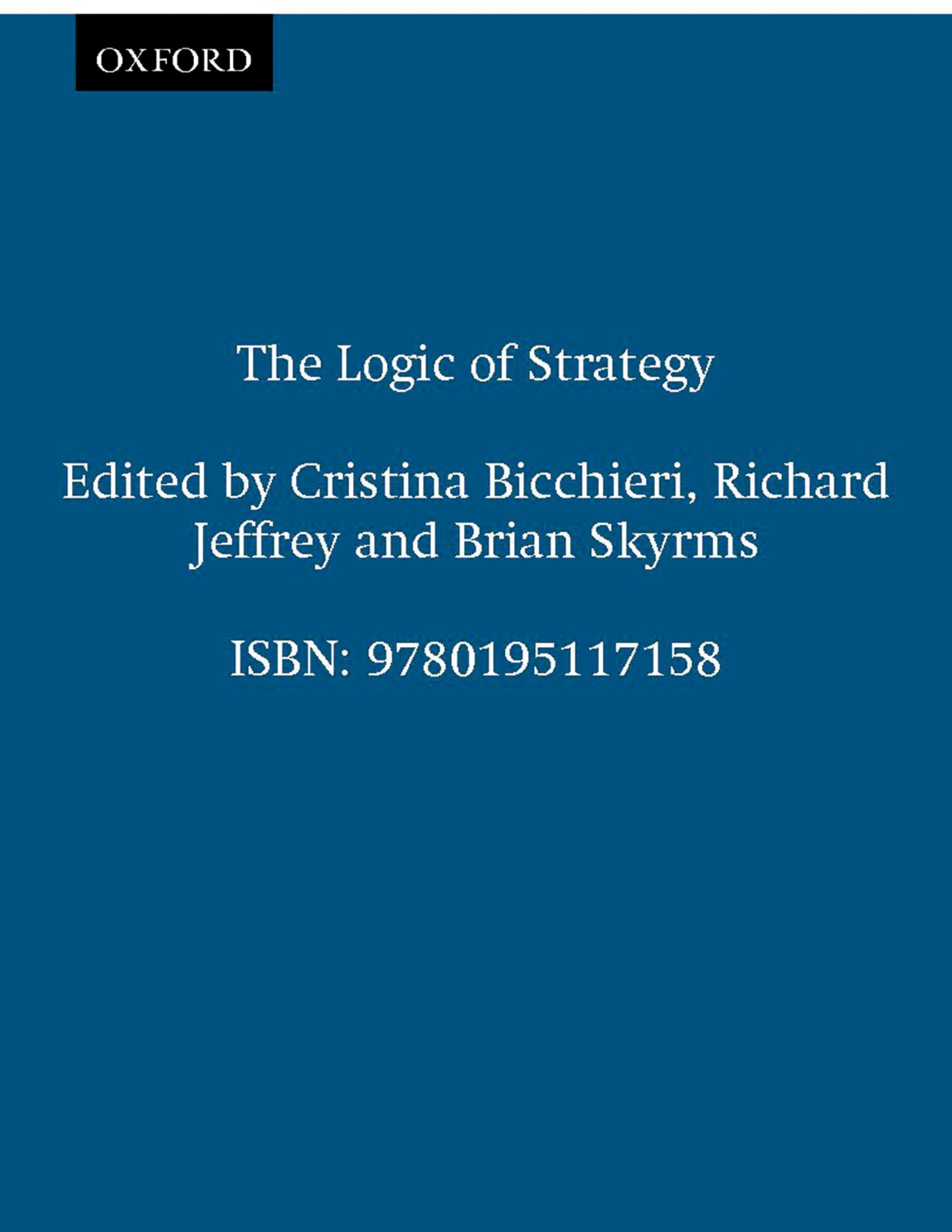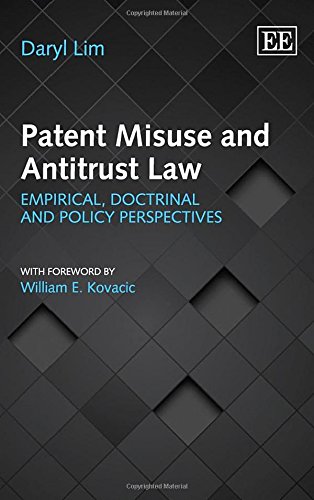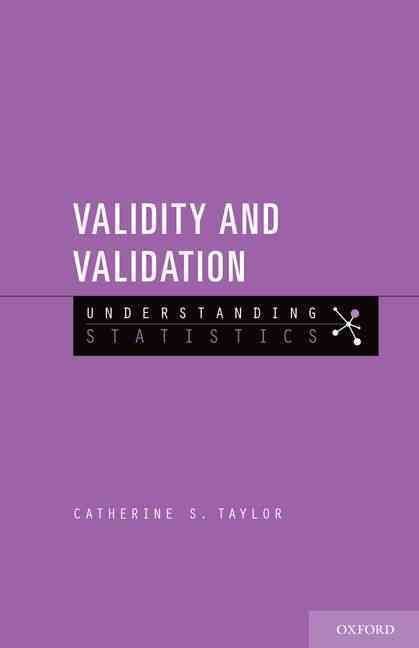The role of asymmetric information in allocation of resources, together with the associated information-revelation process, has long been a central focus of economic research. While the bulk of the literature addresses these isÂ- sues within the framework of principal-agent relationship, which essentially reduces the problem to the sole principal’s (the sole Stackelberg leader’s) optimization problem subject to the agents’ (the Stackelberg followers’) reÂ- sponses, there are recent attempts to extend analysis to other economic setups characterized by different relationships among decision-makers. A notable strand of such attempts is the core analysis of incomplete inÂ- formation. Here, there is no Stackelberg-type relationship, and more imporÂ- tantly the players can talk to each other for coordinated choice of strategies. See, e.g., Wilson (1978) for a pioneering work; Yannelis (1991) for formulaÂ- tion of feasibility of a strategy as its measurability; Ichiishi and Idzik (1996) for introduction of Bayesian incentive-compatibility to this strand; Ichiishi, Idzik and Zhao (1994) for information revelation (that is, endogenous deterÂ- mination of updated information structures); Ichiishi and Radner (1997) and Ichiishi and Sertel (1998) for studies of a specific model of Chandler’s firm in multidivisional form for sharper results; and Vohra (1999) for a recent work. It is a common postulate in these works that every player takes part in design of a mechanism and also in execution of the signed contract.












